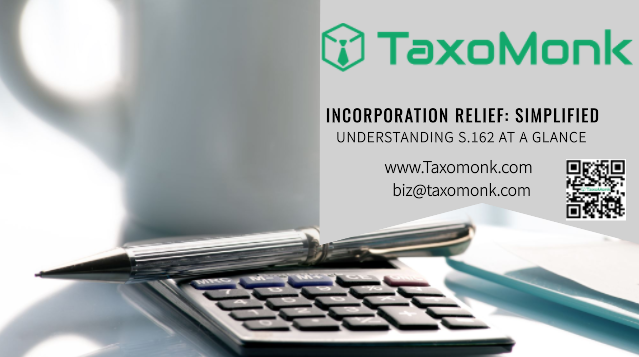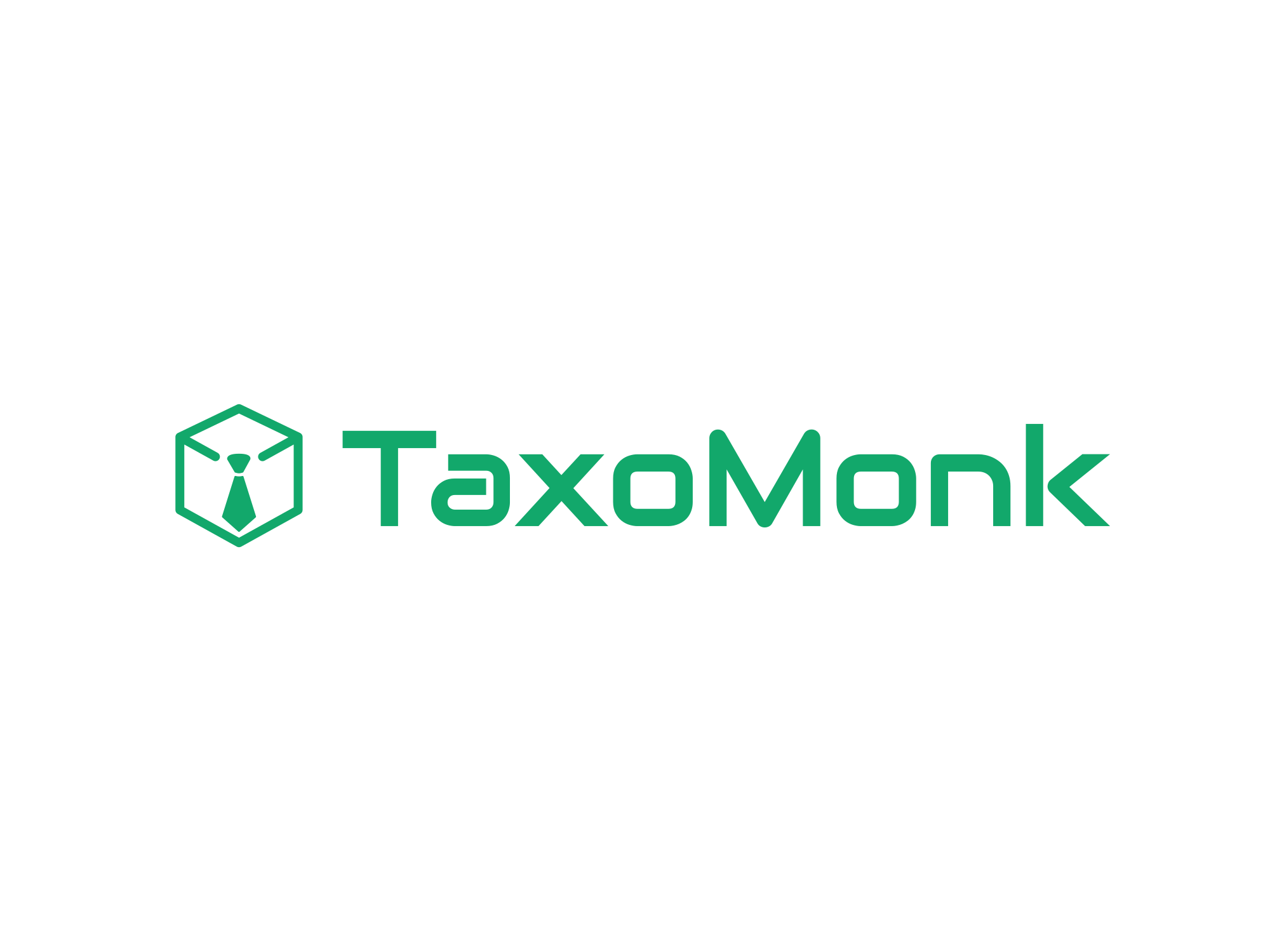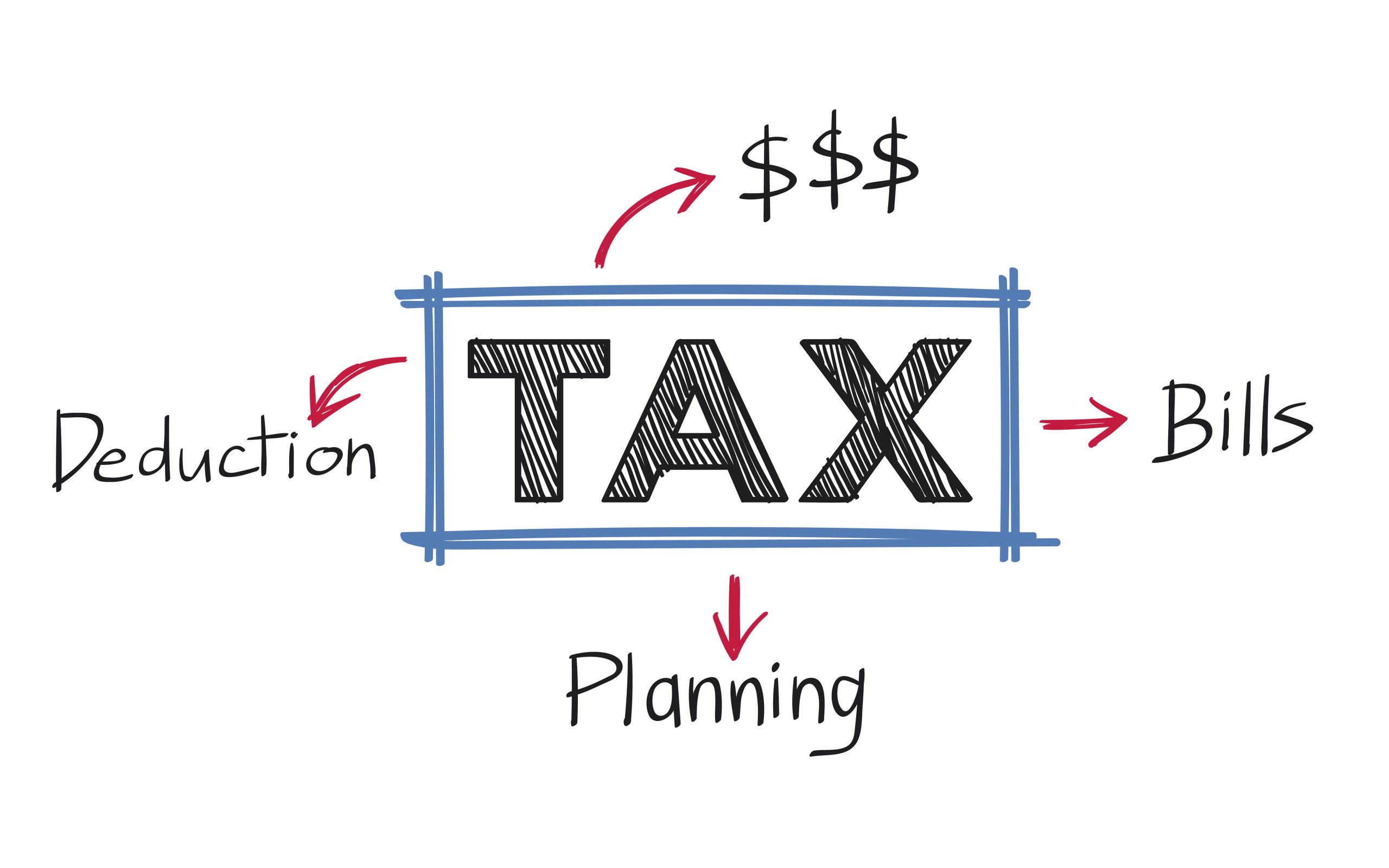Incorporation Relief (section 162 of the Taxation of Chargeable Gains Act 1992) allows individuals, trustees, and partners to defer Capital Gains Tax (CGT) when transferring business assets to a limited company in exchange for shares. This relief simplifies the process of transitioning to incorporation, but its application involves several intricate tax rules.

What Assets Are Included for Incorporation Relief ?
When incorporating a business, all capital assets—such as goodwill, land, and buildings—must be transferred to the new company. Cash and liabilities, however, can be excluded. Assets are treated as transferred at market value, and any gain on the disposal is deferred by deducting it from the base cost of the new shares received from the company.
How it Works
- Automatic Relief: Incorporation Relief is automatically applied when all assets of the business are transferred to the company. You can opt out of the relief if this is more beneficial for your situation.
- Partial Consideration: If part of the consideration for the transfer is in cash, the amount of the gain that can be rolled over is reduced proportionately.
- Business as a Going Concern: The relief only applies if the business is a going concern. If all assets, except for cash and liabilities, are not transferred, the relief will not apply.
Special Considerations for Property Businesses for Incorporation Relief
Incorporating a property business does not always qualify for Incorporation Relief under s.162. Stamp Duty Land Tax (SDLT), Land and Buildings Transaction Tax (LBTT), or Land Transaction Tax (LTT) could complicate the transfer. Additionally, partnerships and buy-to-let businesses face specific rules that may limit their eligibility for the relief.
Potential Issues and Recent Concerns with s.162 Incorporation Relief
Recent developments have raised concerns about how well taxpayers are adhering to s.162 requirements, particularly in property incorporation schemes. HMRC has highlighted these issues in their “One to Many” letters.
Key Issues in Incorporation Relief :
- Business Liabilities: HMRC’s concession D32 excludes certain liabilities, such as mortgages associated with letting businesses, from being treated as consideration. However, many lenders don’t allow the transfer (novation) of these debts, requiring refinancing, which is then treated as consideration and could disqualify the incorporation from s.162 relief.
- Asset Ownership: In some cases, legal title to property remains with the individual (due to mortgage commitments) while beneficial ownership is transferred to the company. The CIOT has raised concerns about whether this qualifies as a full asset transfer, which could disqualify the incorporation from receiving s.162 relief.
Alternative Reliefs
While Incorporation Relief allows for the deferral of the entire gain, it may be worth exploring Business Asset Disposal Relief (BADR) (formerly Entrepreneurs’ Relief) or s.165 Gift Relief. Each comes with specific conditions and restrictions, especially for BADR.
How Taxomonk Can Help
Navigating the complexities of Incorporation Relief can be overwhelming, especially with the growing scrutiny from HMRC. Taxomonk, as a leader in professional accounting and tax advisory services, is here to guide you through every step of the incorporation process. Our expert team specializes in:
- Tailored Tax Planning: We provide customized solutions to help ensure that Incorporation Relief is applied correctly, minimizing your tax liabilities.
- Property Business Incorporations: With detailed knowledge of SDLT, LBTT, and LTT rules, we ensure that property business incorporations meet the strict requirements of s.162.
- Business Liabilities: Our team assesses your business liabilities and works with you to structure the incorporation in a way that maximizes tax efficiency and compliance with HMRC’s latest guidelines.
- Relief Comparison: We offer a comprehensive review of available reliefs, including Incorporation Relief, BADR, and Gift Relief, to identify the best tax strategy for your business.
Whether you are incorporating a sole proprietorship, partnership, or property business, Taxomonk’s experienced advisors will ensure you stay compliant and take full advantage of the tax benefits available to you.
Contact Taxomonk today to get expert assistance with your incorporation and tax planning needs. Let us help you seamlessly transition your business while optimizing your tax position.
contact on biz@taxomonk.com or visit at www.taxomonk.com for more details
View Linkedin Post
Read More Articles in Latest Blogs and Articles





Leave a Reply